In the latest instalment of our #HeForShe series, we are honoured to feature Rob McHardy, a distinguished figure whose contributions to the defence sector and advocacy for gender equality resonate with the core values of Women Empowering Defence. Rob’s journey and insights offer a compelling narrative on the importance of male allies in the movement towards a more inclusive and equitable defence community.
Tell us a bit about yourself, background, and your current role?
I grew up initially in Australia before moving to London and then settling down in Devon. I studied a Masters in Electronic Engineering at the University of Exeter and then joined the Devonport Royal Dockyard Graduate scheme where I spent 17 years in submarine delivery related roles focussing on project and programme delivery of Nuclear Submarine maintenance and refit projects. I decided in 2021 it was time for a career change which resulted into a move into consultancy with Mott MacDonald, an international Engineering, management and development consultancy. I’m now a Project Director in our advisory defence business. My role splits my time across project delivery for our clients, business operations and business development. This is a varied role which certainly keeps things interesting.
Did you ever sit down and plan your career?
From about the age of 5 I wanted to join the Royal Navy. However, I also wanted a good education so decided to go to university before I joined. Whilst at University I became ill with Ulcerative colitis which is uncurable and prevents entry into the armed forces. It was at this point I decided to join Devonport Dockyard Graduate Scheme which I saw as the next best option, as it was working alongside the Royal Navy. This goes to show you that even with the best laid plans, the unexpected can happen and force a change of career direction and a bit of re-think.
Have you faced any challenges along the way?
Apart from the illness, I’ve been challenged my whole career. I’ve always put myself out of my comfort zone and did jobs I thought might be too big for me. This meant I felt uncomfortable a lot of the time, but it’s has given me huge opportunity to grow professionally and personally.
What is the best piece of career advice you have ever received?
Work hard, ask questions, don’t be afraid to make mistakes and put your head above the parapet.
In your current role, how do you demonstrate being a male ally every day?
Firstly, I would like to think I treat everybody exactly the same. Secondly, I would like to think I’m seen as supportive and encouraging to all that I work with. I really value working in diverse teams and try my utmost to promote an inclusive environment where everybody, regardless of background or gender can flourish and develop.
How do you believe men can become better allies to women?
I think men need to understand women are different and go through physical and emotional cycles that men don’t. I personally don’t feel there is enough education and promotion of this either in society or workplace but when there is, I think it’s positive force for change with respect to increasing understanding and empathy. Secondly, men need to be conscious that sometimes women are unfairly treated differently due to gender and must speak up and challenge this poor behaviour if they witness it occurring. Thirdly, I also think there needs to be more gender balance with respect to childcare post giving birth. It is the societal default that the men will stay at work and women will take time out from their careers to care for a new baby, however, I think if men are better supported by their respected companies to take a greater proportion of paternity leave then it would offer greater opportunity for women who wish to return to work earlier and therefore have shorter break in career.
What can be done to get more men on board as male allies?
In my experience it is environments where men have had less exposure to working with and alongside women that require getting more men on board as allies. It is therefore very important that we generate the opportunities for women to have increasing exposure. I think it is also important to encourage men to talk about topics that might traditionally be thought of as women’s. At our end of year business leadership event, I gave a presentation on the menopause; not only did this require me to do a lot of research which was a huge benefit in increasing my education and understanding, it was also very powerful to have a male present a topic which might typically only be talked about by women.
Do you think gender roles and stereotypes still exist in today’s society?
I do think it still exists, but it is changing and is becoming less prevalent. In industry I think the extent of gender stereo typing is very dependent on sector; perhaps more prevalent in traditional manufacturing industries whereas I think consultancy in particular lead the way in removing gender stereotype and bias. I generally think society varies greatly with demographic and is far less prevalent in later generation X, millennials and even less so in generation Z.
Can you give any examples of positive change that you have noticed over the past 5 years to attract women into Mott Macdonald?
In the 2½ years I have been at Mott MacDonald it is an organisation that has the promotion of gender and more general equality flowing through its DNA. This has aligned with significant growth in the Mott MacDonald defence business which has opened up significant opportunities for women in the industry. I’m proud of the success we have had in bringing women into Mott MacDonald and into defence from different backgrounds and with different areas of experience and watch them develop professionally and flourish delivering complex and strategically important projects for the UK Ministry of Defence. We have also made a concerted effort to ensure we promote diverse interview panels and we have developed gender neutral advertisement. Mott MacDonald is also an advocate of women working within nuclear and defence, it is committed to increasing the percentage of females at all grades and sets year on year targets. We also ensure we have diverse representation across promotion material, internal comms etc.
How do you encourage women to make their mark in the workplace?
I’m privileged to lead a diverse team and I’m aware that the industry is not the most well-represented when it comes to women but would like to see it more balanced in the future as I work with some fantastic women. I always do my upmost to ensure women within my team are listened to, given opportunities to grow and develop in areas important to them, and importantly are championed for their successes.
Conclusion:
Rob McHardy’s perspectives and experiences, as shared in this enlightening #HeForShe interview, underscore the critical role that male allies play in championing gender equality within the defence sector. His commitment to fostering an environment where everyone, regardless of gender, can thrive and succeed is not only inspirational but also a call to action for others to follow suit.
As we continue to navigate the challenges and opportunities of creating a more inclusive defence community, stories like Rob’s remind us of the power of allyship and the collective effort required to drive meaningful change. We are grateful to Rob for his openness and for setting an exemplary standard of support and advocacy.
Join us in celebrating Rob McHardy’s contributions and take inspiration from his journey to become advocates for gender equality in our own spheres of influence. Together, with allies like Rob, we can build a defence sector that truly embodies the principles of diversity, equity, and inclusion.





Responses